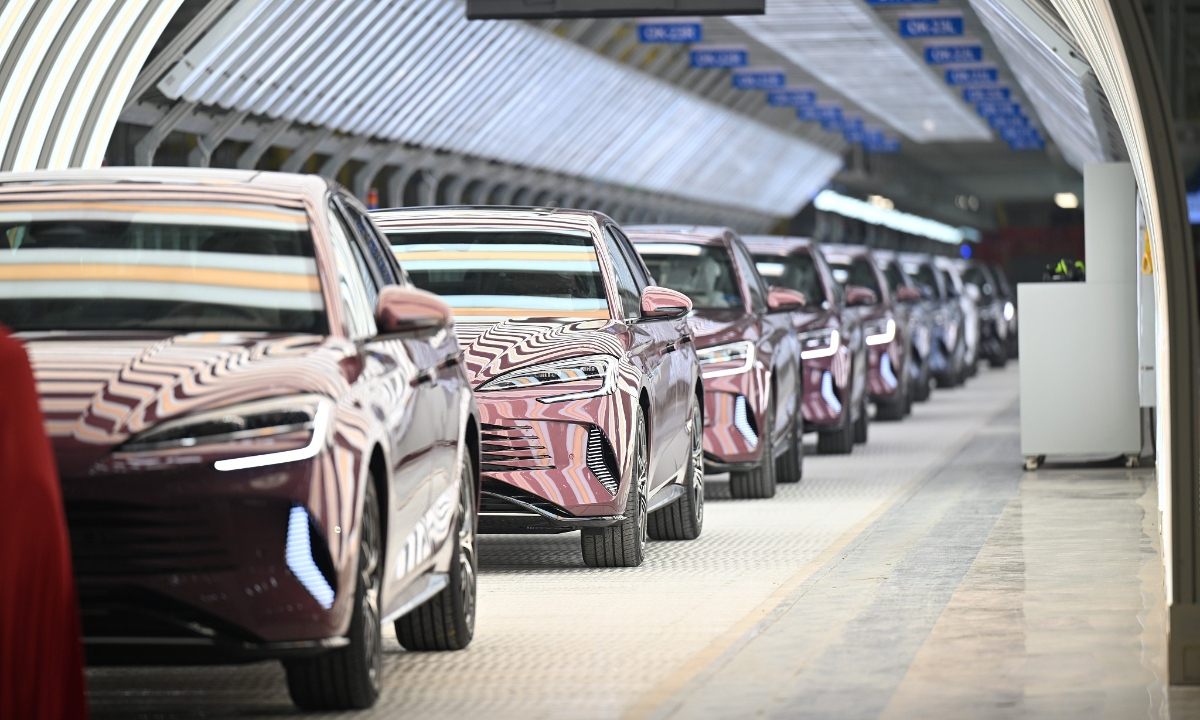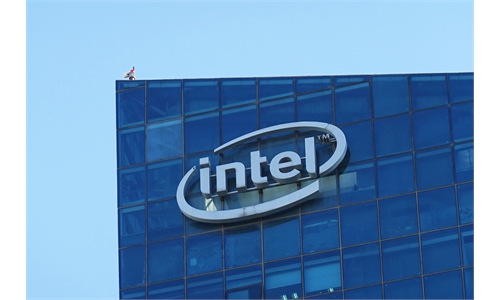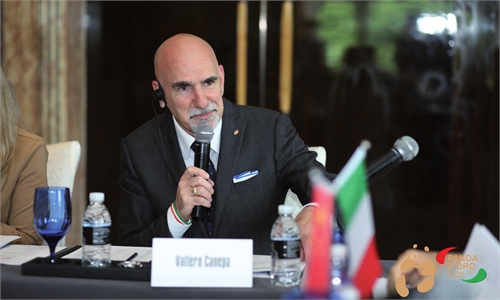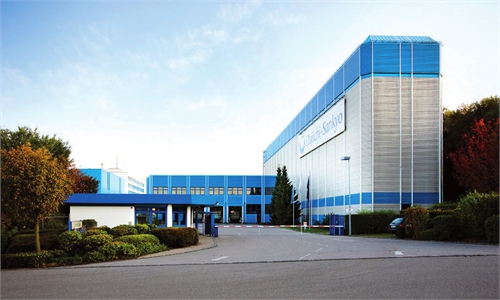EU’s insincere tactics undermine EV talks with China: sources
Brussels makes unreasonable demands, seeking to separate firms

EV Photo:VCG
By making unreasonable demands, not responding positively to sensible offers from the Chinese side and attempting to split up Chinese electric vehicle (EV) producers in negotiations, the EU side has not demonstrated sufficient sincerity and resorted to tactics that may have undermined the talks, multiple sources close to the matter told the Global Times on Wednesday.
In contrast, the Chinese side has shown utmost sincerity, as it initiated intensive consultations, thoroughly responded to all issues raised by the EU, offered several solutions and invited the EU side to China to continue negotiations, the sources said.
As recent negotiations have not resulted in a final deal and the EU is preparing to impose hefty additional tariffs on Chinese EVs, concerns among EU industries over the potential repercussions have reportedly grown. In an apparent attempt to respond to such concerns, high-level EU officials have indicated that negotiations will continue. On Monday, European Commission (EC) President Ursula von der Leyen said that negotiations with China would continue even if the EU's tariffs on Chinese EVs entered into force, according to Reuters.
However, contrary to EU officials' remarks about continuing negotiations with China, the EU side has not shown sufficient sincerity in the actual talks, according to the sources.
"The Chinese side has shown the greatest sincerity, but the EU side has made unreasonable demands, which makes the negotiations difficult," one of the sources said.
Among the many examples of the EU's insufficient sincerity, EU officials sought to conduct separate negotiations with different EV makers, while failing to respond positively to offers made by the Chinese negotiating team, with the China Chamber of Commerce for Import and Export of Machinery and Electric Products (CCCME) representing the whole Chinese EV industry. Those EV makers have already authorized the CCCME to be their representative and have already been included in recent negotiations.
"This is an attempt to sow division and will shake the foundation and mutual trust needed for the negotiations," one source said, urging the EU to return to negotiations with the CCCME.
The CCCME is the sole legal representative of the Chinese EV industry during the negotiations, as a dozen Chinese EV makers have signed documents to authorize the chamber as their legal representative.
"The EV companies have already submitted relevant materials to the CCCME. It is completely unnecessary to conduct separate negotiations," one of the sources said, noting that the EC's investigation and rulings also treated brands under the same company as a whole. "So why the inconsistency? This only complicates the negotiations, wastes energy and undermines the consultation process."
In addition, there are many crucial areas where the EU side has not responded positively to sensible offers made by the Chinese side, including minimum import prices, requests for a grace period of two to three years for Chinese firms to adjust their sales and investment plans and for a temporary reprieve from the tariffs to avoid major market fluctuations - both requests would not violate EU laws or regulations, a source from the CCCME said.
The EU's tactics highlight internal divisions within the bloc and a lack of clear goals in the negotiations, which explains the gap between its publicly stated commitment to negotiations and its unreasonable demands, Chinese experts said.
"The biggest problem is that the EU side on the one hand publicly and repeatedly stated its political commitment to resolve the dispute through consultations, while on the other hand it has not shown sufficient sincerity in the actual negotiations," Sun Yanhong, a senior research fellow at the Institute of European Studies of the Chinese Academy of Social Sciences, told the Global Times on Wednesday.
The Chinese side has repeatedly highlighted its utmost sincerity in the negotiations. Following a meeting between Chinese Commerce Minister Wang Wentao and EC Executive Vice President and Trade Commissioner Valdis Dombrovskis on September 19, a Chinese technical team conducted eight rounds of intensive consultations in Brussels for more than 20 days.
The talks lasted about 50 hours, and the Chinese team worked through the Mid-Autumn Festival and National Day holidays, and submitted more than 27,500 pages of materials in response to technical issues raised by the EU side, according to one of the sources.
"If the EU continues raising unreasonable issues and making unreasonable demands, there will be no end to the negotiations," another source said. "For the Chinese side, our stance on the talks has not changed and our resolve to safeguard Chinese firms' rights and interests has not changed."




